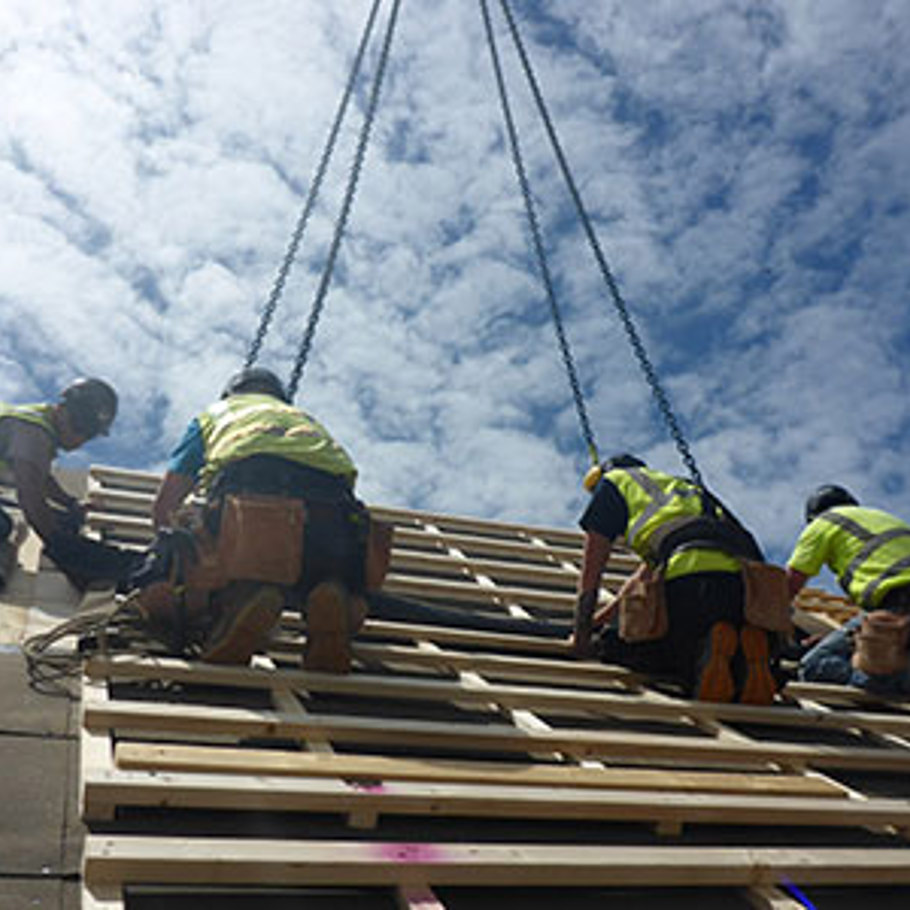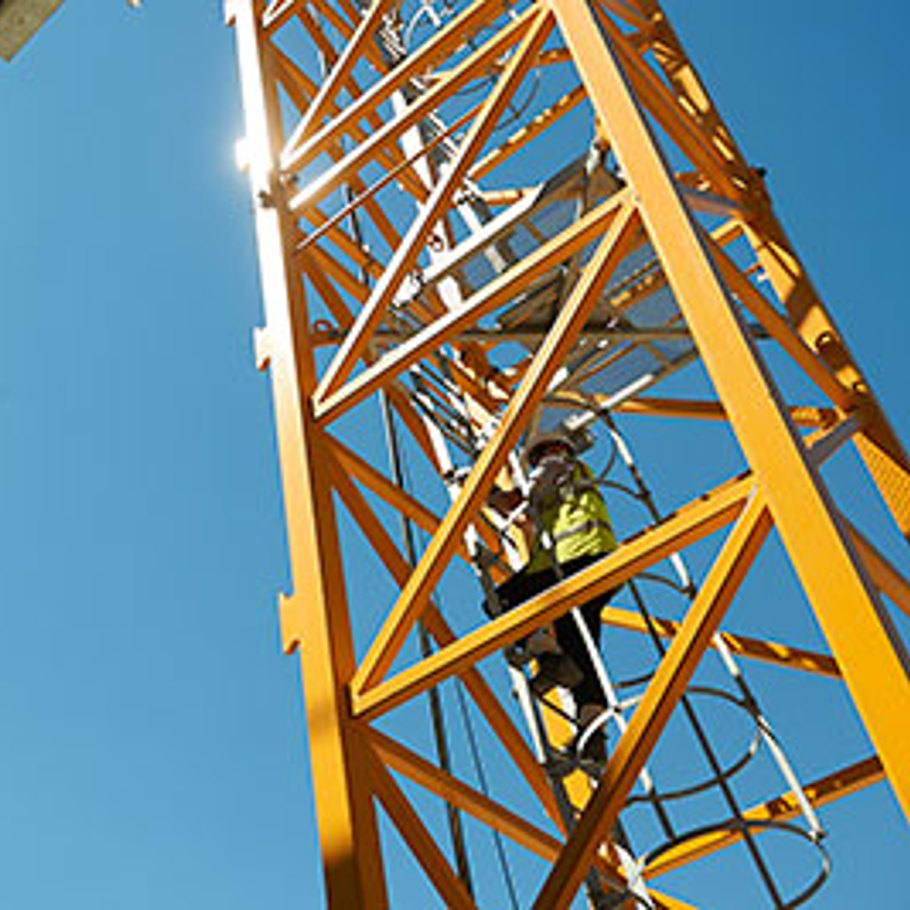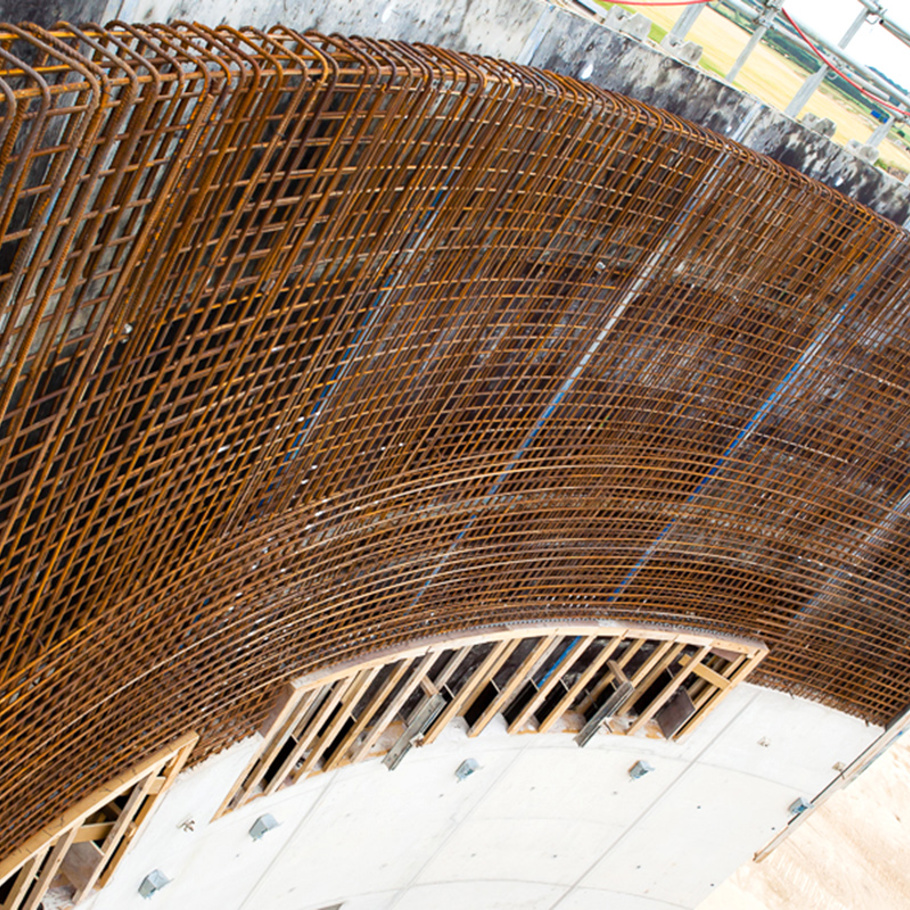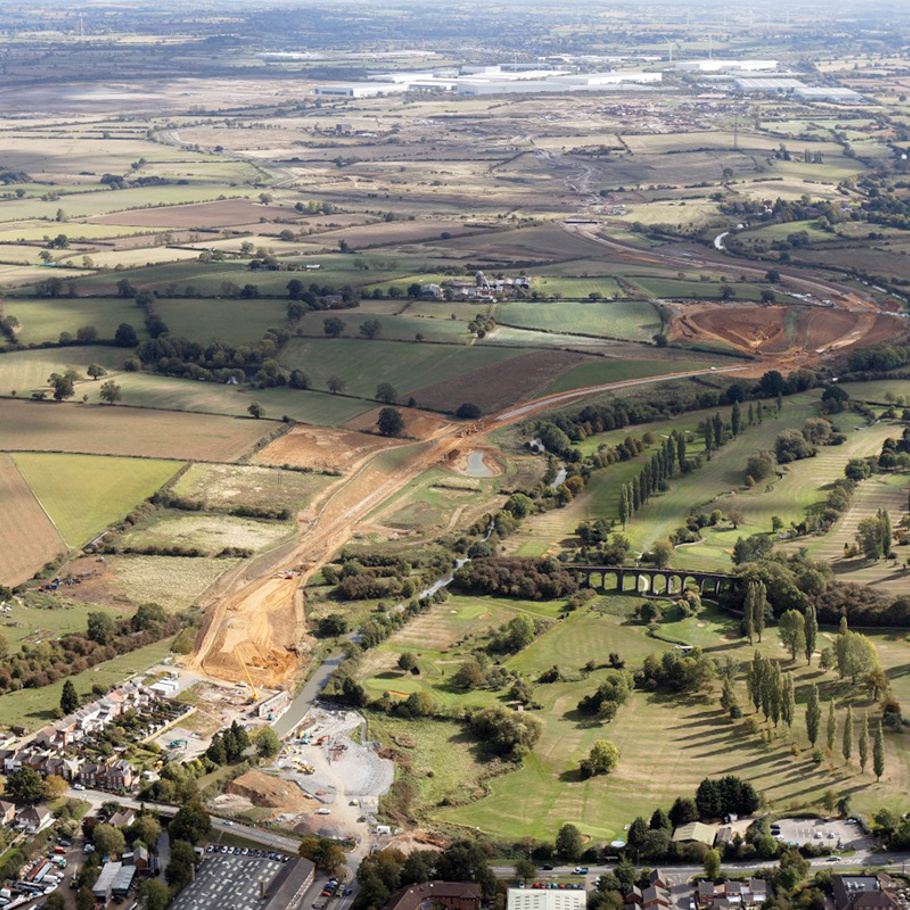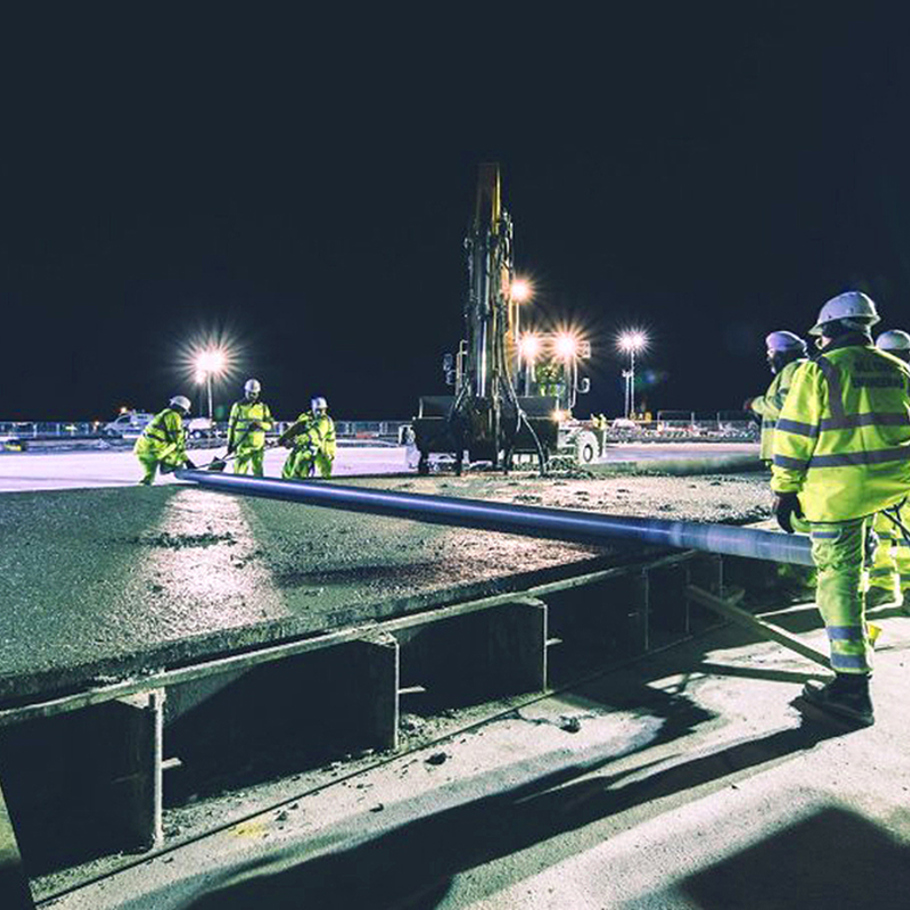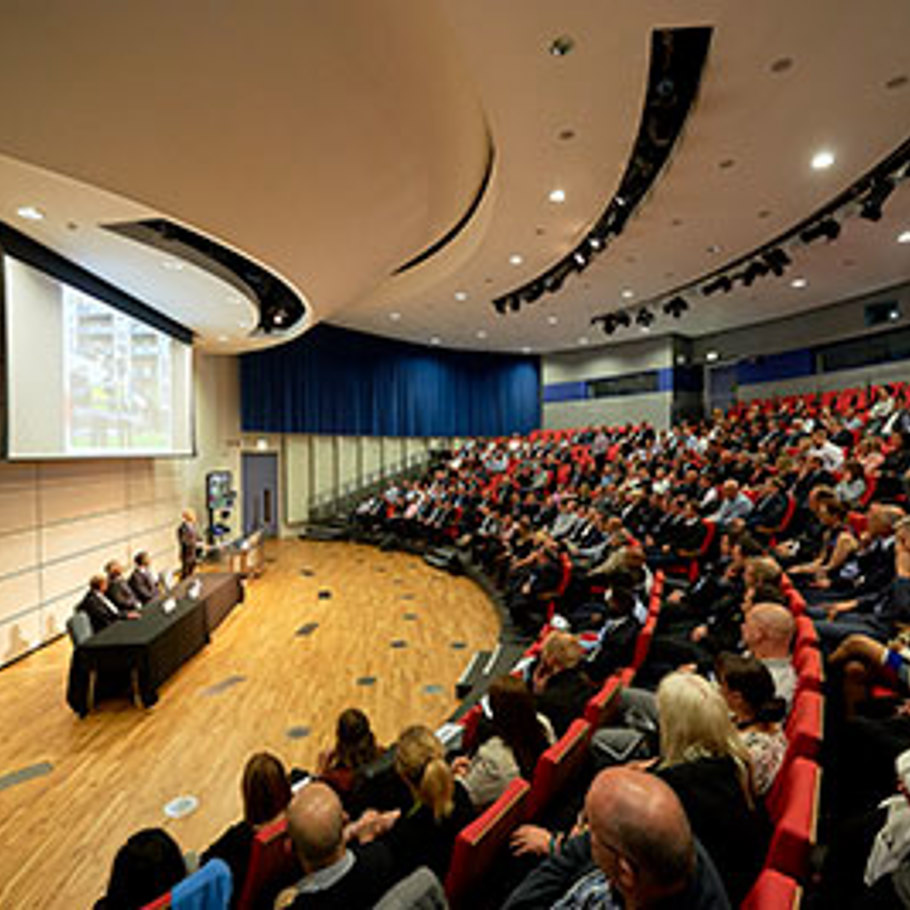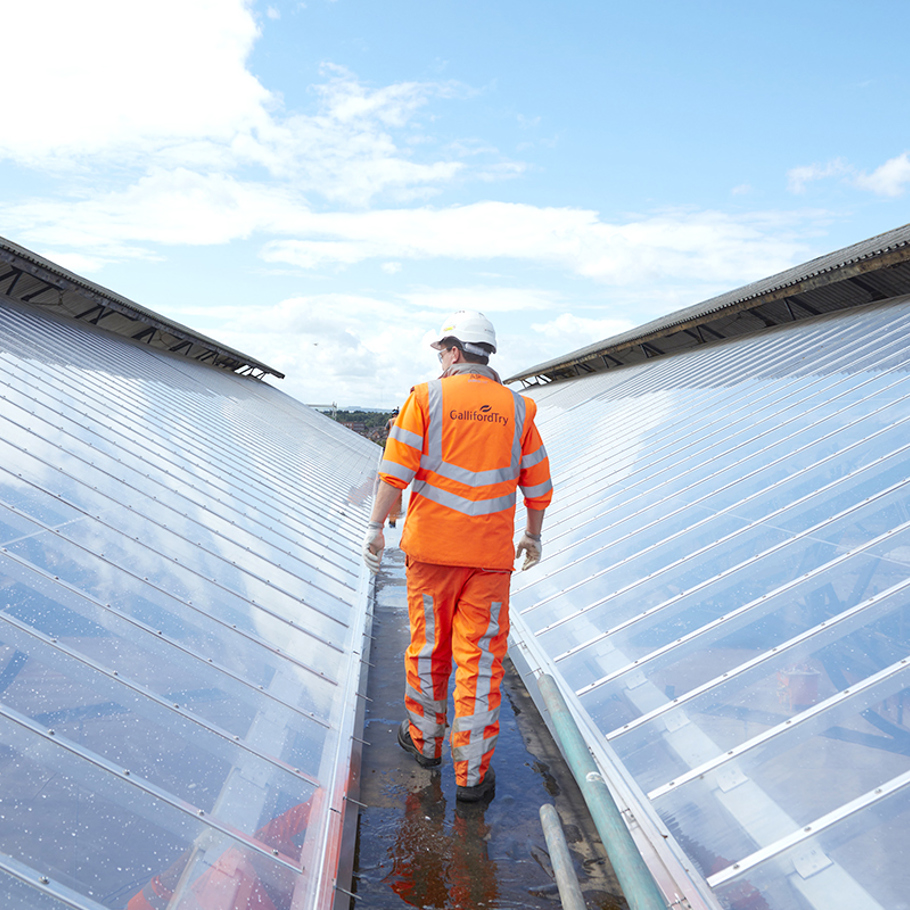Date 24 Jun 2022
During the month of Pride, Dave Robinson, Building Services Manager for Galliford Try’s Building North East and Yorkshire business, shares his experiences as a gay man in the construction industry for the past 30 years and how far we have come as a society and sector
“Last year, Bill Hocking, our Chief Executive wrote to us supporting Pride, the celebration of LGBTQ+ communities. I tend to view most of these things with some degree of scepticism as there's frequently a financial angle at the end - rather than a genuine desire for change - but I was pleased to read his email because it shows how far things have come.
I've always felt that while the rainbow flag raised visibility it was a double-edged sword that could without due care pigeonhole us and needed to be handled carefully.
My own approach to advancing awareness and inclusion of gay men has been to live a free and open life since first coming out (a process which is without end) and be me as much as practical. Thanks to my colleagues and society, I think we are beyond a lot of the hardships we endured.
I was born in the year of the 1967 Sexual Offences Act, which decriminalised homosexuality between two men. This was limited to adults over the age of 21, and even then, restricted to a private setting. It was still illegal to be out in the street holding hands with another man, and with prevailing homophobia, we had to be defensive and hyper vigilant.
In the ‘80s, AIDS brought further challenges for gay men, for example, when you went for a mortgage, you could be asked to have a HIV test as part of the application process. Then, in 1988, came Section 28, a law which existed until 2003 and banned councils and schools from promoting the teaching of ‘pretend’ families.
With that backdrop, coming out for my generation was a pretty horrible thing.
You realised that there was an aspect of you that was so different and so crucial and key to who you were but everything in society was telling you that was unacceptable.
Our straight contemporaries would go out, have romances, be themselves, developing into adults and gaining self-validation from their relationships, whereas being homosexual you were told there was something fundamentally wrong with you.
Growing up in this working-class culture in the late ‘70s and ‘80s like this - swamped as it was in horrendous homophobia - generated feelings of fear, shame, guilt and confusion and you never really get over that. Homophobia stole a lot from us one way or another, and we still carry those scars.
However, my experience in the industry over the past three decades has shown a remarkable degree of change matching that of wider society.
Construction is not in my experience quite the dinosaur it is often painted. I’ve had a lot of support from colleagues and others within the industry and I think that’s as a result of the health and safety culture which has made things a lot more professional. It’s eradicated horseplay and changed the attitude to risk, as people have realised we are reliant on each other to keep everyone safe and we look out for one another.
That in turn has translated into the way people have treated me as an out gay man. The big take home message for me is that my colleagues are accepting of me and make being gay a non-issue, as I try to myself. What really matters is being able to be out at work, be myself and talk about my partner and how we went to dinner last night, for example. It’s the reality of the support that means we don’t have to change pronouns from ‘he’ to ‘she’ because of what people expect and accept.
My colleagues have allowed me to be authentic and bring as much of who I am to work as possible, showing who I am and this has allowed me to show gay people as human beings.
There’s not one homogeneous community out there, and the same can't be said for all individuals and minority groups. LGBTQ+ people are still facing rejection and the issues are in many ways becoming more complex particularly around gender definitions and trans rights. While things have come a long way, and, my experience is completely different to young people today, I despair at the geopolitical situation. There are certain parts of the world where being gay is still a big issue and in other places, even in the UK, you don’t have to scratch the surface too much before you find extreme views. There’s still a certain level of sophistication you need in different geographical locations and social situations, watching out for when you need to be on your guard or when you may be able to correct someone. All these issues are similar across many groups, like being from an ethnically diverse background, you have to have a process of negotiating those external factors and being careful in some situations. Thankfully it’s not how it was before and it’s generally seen that it’s not acceptable to be homophobic, xenophobic or otherwise exclusive in any way.
So, for Pride, I remember the agonies I've endured as a result of homophobia, give thanks for the positive things the process of dealing with it showed me, and breathe a sigh of relief that my colleagues are part of a more grown-up society.


